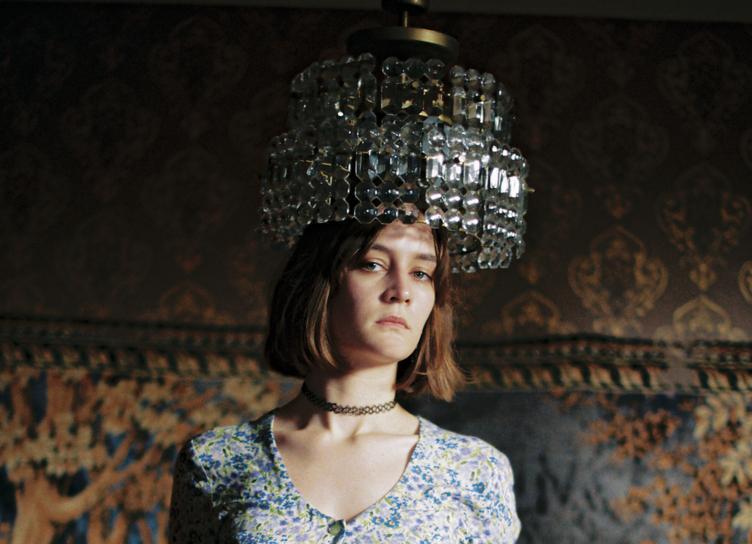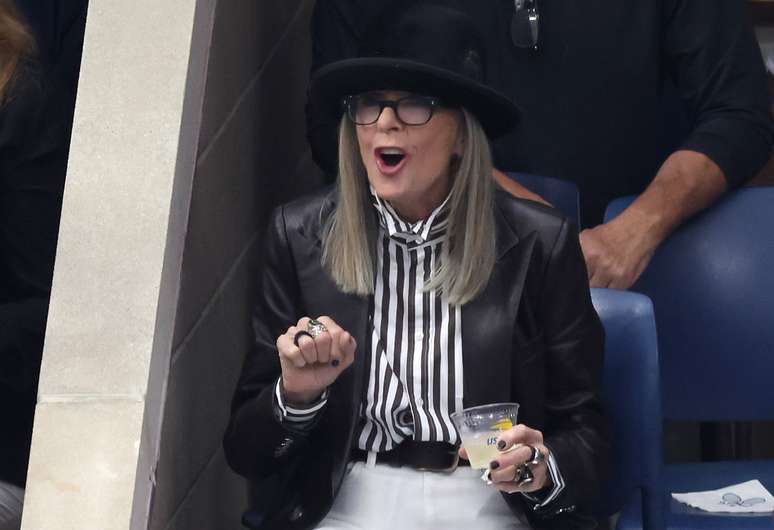_____________________________
The infamous list of early burnt stars from the 27 Club includes Kurt Cobain and Jim Morrison, Jimi Hendrix and Amy Winehouse. The name of Nika Turbina is not listed there, and not only because at a young age she wrote poetry, but never songs. In the public field, the image of this girl with adult lyrics and a piercing gaze has sunk into oblivion, just like the era of great achievements that gave birth to Turbine. That time was at the end of the 90s – and collapsed for many reasons, taking thousands of lives with it. Nika was also taken away: at the age of 27, she fell out of the window and never got back up.
This tragic scene is not in Vasilisa Kuzmina’s Nika. There is something else: the last years of Turbina’s life between the end of the 90s and the beginning of the 2000s, compressed into a single clot of emotions and feelings. Vulnerable and impudent Nika, played by Liza Yankovskaya, quarrels with her mother (Anna Mikhalkova), refuses to marry a crime boss (Evgeny Sangadzhiev), runs away from home with a bartender, falls in love and is disappointed, hopes – and over and over again receives a mental fist in response to this hope in the stomach. The ordinary life of an ordinary girl from a moderately dysfunctional family is at the intersection of two eras, as if half a step away from freedom. But the historical context adds depth to this story, and the inexorable breath of fate adds tragedy.

In the English language there is a word in the hindsight, which contains a reassessment of what happened once, a retrospective look at the events of the past. It is with such a knowing and understanding look that director Vasilisa Kuzmina and screenwriter Yulia Gulyan look at their heroine. These authors are well aware of the notorious context. Early – at the age of 8 – the glory that overtook Turbina after the publication of the first poetry collection. An early farewell to fame – at 14 – when a quiet voice no longer dictates poetry at night, and her own mother is frantically looking for other – more and more traumatic daughter – ways to the gold mine. The cycle of strange suitors and Nicky’s attempts to enter acting, the first great love with a touch of betrayal, addiction to alcohol … Outside – a set of traits of a typical rock star, inside – the story of a broken girl whose life collapsed in parallel with the cracking country.

“Many late Soviet child prodigies did not find a place for themselves in the 1990s, and their lives ended tragically. Therefore, our image, although inspired by Turbina’s biography, turned out to be to some extent a portrait of the era and the last generation of Soviet children who were looking for happiness and themselves on the unrecognizable landscape of a new country,” says Vasilisa Kuzmina.
The event horizon in her film is filled with signs of the times that you recognize unmistakably: Shura’s songs and the Neo-style leather jacket from The Matrix, the Mumiy Troll poster over the bed and the flower dress secretly borrowed from her mother – almost like Gwen Stefani in Don’t Speak. In these coordinates, the authors of “Nika” grew up, and their heroine mourned her life and her lost childhood. Somewhere between “Harry Potter” and the MTV channel, the creators and the character met.
“Niki’s story attracted me with the opportunity to reflect on the search for a lost identity – this is a universal problem that every generation faces at all times,” Yulia Gulyan says about the connection between the past and the future.

The on-screen Nickname reflects both the author’s search for identity and the collective image of the era – a rough (like on a movie poster) mirror of the end of the last century, and sometimes it is very painful to look into it.
“She had to evoke a sense of miracle in those around her, she could no longer exist without this – and since poetry ceased to be such a miracle, there remained a miracle of reckless and cruel self-squandering. The turbine with the same clarity demonstrated all the stages of the collapse of the very society that recently wore it hands,” Dmitry Bykov writes about this mirror effect in the preface to Alexander Ratner’s book “The Secrets of the Life of Nika Turbina (“I don’t want to grow up …”). Kuzmina and Gulyan were also inspired by this material to write the script.
You wonder: what was Nika like – not a poetess, not an actress, without poetry and the need to “shine”, but with a huge need for love. And did the poems speak for her, the question of the authorship of which still remains without a clear answer. In “Nika” of 2022 there is no Turbina’s poetry – due to legal reasons, which unwittingly took on a symbolic character. The heroine on the screen no longer writes, does not recite the “old”, denies that she lives in the past. On the other hand, he pronounces completely different lines embedded in it by the authors: “Properties of memory / Change good to bad / Bad for good / Cover with plush / Sharp … Properties of memory / Multiply obscure / Blur boundaries / Carry names.” With on-screen Nika, these properties play a cruel joke, taking away entire episodes from life, blurring the already fuzzy image even more. It’s a different story with the authors of “Nika” – their memory brings to the shore a name that seems to have long been forgotten, a fate that is as short as it is characteristic of the country’s history. And this mirror is worth a look.

The text contains fragments of a poem by Maria Pleshkova
Source: Hellomagazine
Benjamin Smith is a fashion journalist and author at Gossipify, known for his coverage of the latest fashion trends and industry insights. He writes about clothing, shoes, accessories, and runway shows, providing in-depth analysis and unique perspectives. He’s respected for his ability to spot emerging designers and trends, and for providing practical fashion advice to readers.






